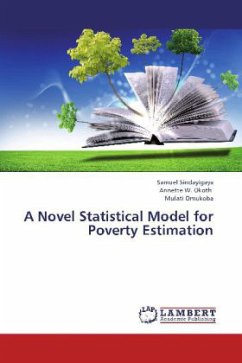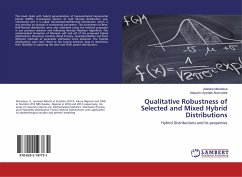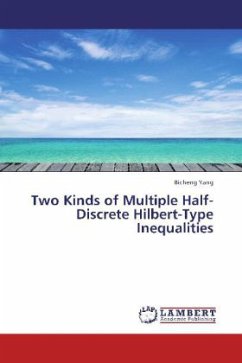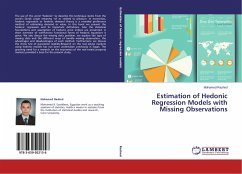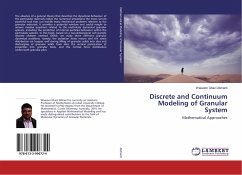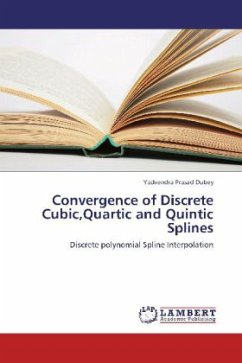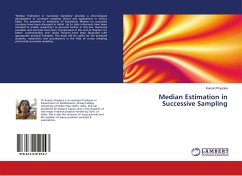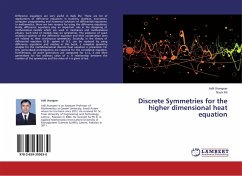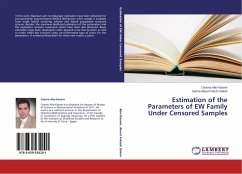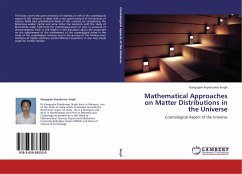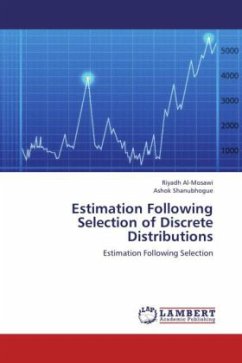
Estimation Following Selection of Discrete Distributions
Estimation Following Selection
Versandkostenfrei!
Versandfertig in 6-10 Tagen
52,99 €
inkl. MwSt.

PAYBACK Punkte
26 °P sammeln!
Estimation following selection is an important practical problem. It is based on selection and ranking problem which aims to select the best population in the sense that the best one is the one associated with the largest (or smallest) parameter. The aim of the estimation following selection is to estimate the parameter of the selected population according to a specific decision rule. In this book, we consider the case of discrete populations like Poisson, power series and for different types of loss functions like k-normalized squared error, Stein and entropy loss functions. Several character...
Estimation following selection is an important practical problem. It is based on selection and ranking problem which aims to select the best population in the sense that the best one is the one associated with the largest (or smallest) parameter. The aim of the estimation following selection is to estimate the parameter of the selected population according to a specific decision rule. In this book, we consider the case of discrete populations like Poisson, power series and for different types of loss functions like k-normalized squared error, Stein and entropy loss functions. Several characteristics of the estimators of the selected population(s) are investigated like unbiasedness,risk-unbiaseness and admissibility and the uniformly minim variance unbiased estimator UMVUE and risk-unbiased estimators are obtained. The admissibility of UMVU and risk-unbiased estimators is also investigated and classes of improved estimators are constructed. Monti Carlo simulation methods are conducted to asses the obtained estimators and compare their performance with the natural estimators.



